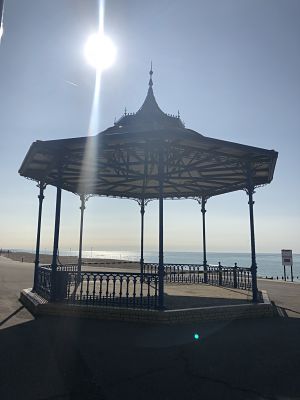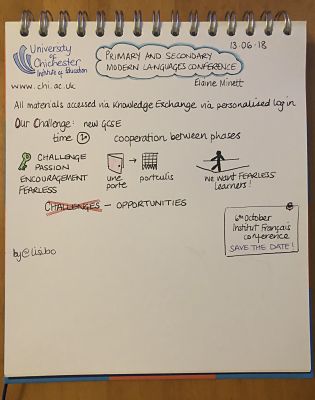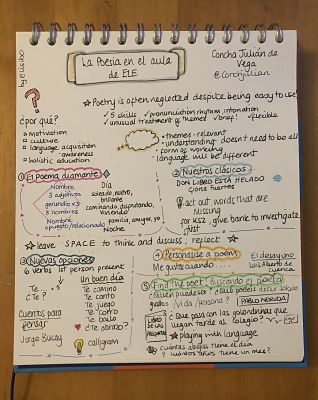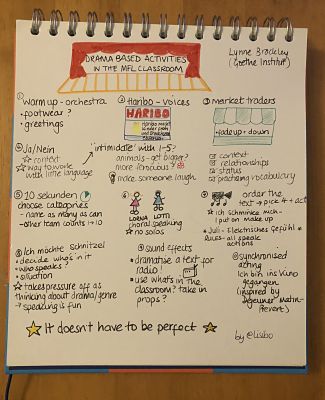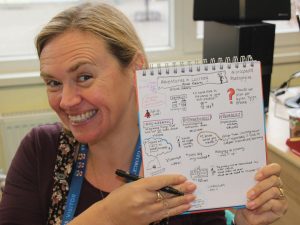 Having participated in the inaugural Practical Pedagogies at International School of Toulouse in 2015 (reflections and sketchnotes, presentation)and then returned there for the second edition #PracPed16 (presentation and sketchnotes), I was over the moon when I was invited to participate in the part three, this time held in Cologne at St George’s School. This is what I said after the first two conferences…
Having participated in the inaugural Practical Pedagogies at International School of Toulouse in 2015 (reflections and sketchnotes, presentation)and then returned there for the second edition #PracPed16 (presentation and sketchnotes), I was over the moon when I was invited to participate in the part three, this time held in Cologne at St George’s School. This is what I said after the first two conferences…
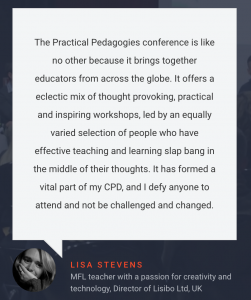
…and do you know what? Edition 3 didn’t disappoint!
From start to finish, I laughed, nodded, puzzled and pondered. I didn’t stop for 72 hours, and am now utterly exhausted, but it’s the sort of exhaustion that comes from having had a good time, not wanting it to end and having lots to think about. It was lovely to meet ‘old’ friends and, as we discussed several times, pick up as if we’d seen each other last week rather than two or three years ago. It was also wonderful to make new friends, and deepen friendships made at previous meetings. For example, I loved having guided run home with Laura, exploring the woods and parks between school and the city and having a good chat as we ran. 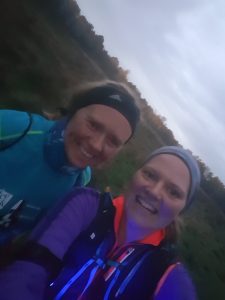
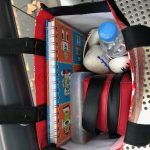 As usual I sketchnoted my way through the conference. It was lovely – and also slightly weird – the number of people who greeted me with ‘oh, you’re the doodler!’ or ‘ooh! I thought it was you, I recognised your writing from Twitter!’ and also those that started to see my notes over the conference and sought me out to find out more. Below are my notes from the sessions I was able to attend. One day I’ll work out how to sketchnote my own session…
As usual I sketchnoted my way through the conference. It was lovely – and also slightly weird – the number of people who greeted me with ‘oh, you’re the doodler!’ or ‘ooh! I thought it was you, I recognised your writing from Twitter!’ and also those that started to see my notes over the conference and sought me out to find out more. Below are my notes from the sessions I was able to attend. One day I’ll work out how to sketchnote my own session…
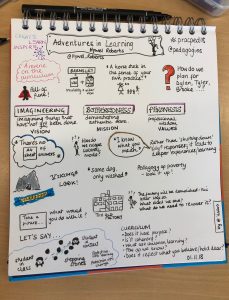
Opening keynote by Hywel Roberts – could be subtitled Let’s say… or How to teach Tyler. Via stories of teaching early years, kids in Barnsley, Vikings and an abandoned factory, Hywel shared his three words – imagineering, botheredness and phronesis – and challenged us to consider our curriculum.
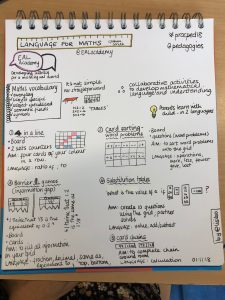 After my first choice was cancelled, I attended a session on Language for Maths, a reflection on how games can be used to practice maths vocabulary. Without the necessary vocabulary, EAL students cannot enjoy success in solving maths problems, and the games we played and discussed required repetition of key words and phrases such as more than, fewer than, equal to, equivalent to, ratio, decimal and fraction. An interesting session that I’ll be feeding back to my colleagues.
After my first choice was cancelled, I attended a session on Language for Maths, a reflection on how games can be used to practice maths vocabulary. Without the necessary vocabulary, EAL students cannot enjoy success in solving maths problems, and the games we played and discussed required repetition of key words and phrases such as more than, fewer than, equal to, equivalent to, ratio, decimal and fraction. An interesting session that I’ll be feeding back to my colleagues.
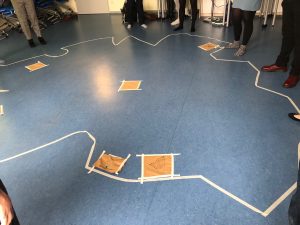 My second session has not been sketchnoted as it was an immersive experience and to fully participate you have to join in rather than sit in a corner doodling, but I do have a photo of our island! Oh Brave New World; Getting to grips with Shakespeare, presented by Emma Bramley and Matt Wardle, took us on a journey through The Tempest focussing on Caliban as he is born (that was interesting acting…), loses his mother, grows, is ‘adopted’ then rejected and abused by Prospero. We considered the relationship between Prospero and Caliban, and ended considering what Caliban should do – follow Prospero and continue being ‘civilised’, stay on the island and stay ‘savage’ which raises all sorts of questions about what it means to be civilised, what isolation is, what freedom is, and what the power of language is. Was Prospero? Is Caliban? Very interesting and very challenging questions!
My second session has not been sketchnoted as it was an immersive experience and to fully participate you have to join in rather than sit in a corner doodling, but I do have a photo of our island! Oh Brave New World; Getting to grips with Shakespeare, presented by Emma Bramley and Matt Wardle, took us on a journey through The Tempest focussing on Caliban as he is born (that was interesting acting…), loses his mother, grows, is ‘adopted’ then rejected and abused by Prospero. We considered the relationship between Prospero and Caliban, and ended considering what Caliban should do – follow Prospero and continue being ‘civilised’, stay on the island and stay ‘savage’ which raises all sorts of questions about what it means to be civilised, what isolation is, what freedom is, and what the power of language is. Was Prospero? Is Caliban? Very interesting and very challenging questions!
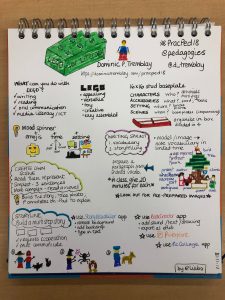 Session 3 saw me face another challenge – playing with LEGO whilst sketchnoting. Dominic Tremblay presented a session on Storybricks: Using LEGO for Literacy. He offered some advice on LEGO organisation as well as suggesting several ways in which LEGO can be used to provoke language sharing, reading and writing. A fascinating session in which my group and I wrote a Halloween story involving a witch, two children and a hero police officer. We were so engrossed in characters that our setting is rather sparse, but that demonstrated the need for greater coordination of effort, and perhaps reflected my preoccupation with sketchnoting… Here’s our story (imagine the children in the last picture – I didn’t take one after we’d moved them from scene 1 to scene 3!)
Session 3 saw me face another challenge – playing with LEGO whilst sketchnoting. Dominic Tremblay presented a session on Storybricks: Using LEGO for Literacy. He offered some advice on LEGO organisation as well as suggesting several ways in which LEGO can be used to provoke language sharing, reading and writing. A fascinating session in which my group and I wrote a Halloween story involving a witch, two children and a hero police officer. We were so engrossed in characters that our setting is rather sparse, but that demonstrated the need for greater coordination of effort, and perhaps reflected my preoccupation with sketchnoting… Here’s our story (imagine the children in the last picture – I didn’t take one after we’d moved them from scene 1 to scene 3!)
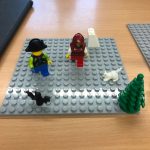 |
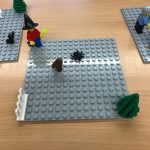 |
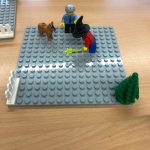 |
| Two children are trick or treating on Halloween, dressed as a pirate and a ninja. |
A wicked witch spies them, waves her wand and chants a magic spell. Poof! The children are turned into an owl and a spider. |
Fortunately, a police man passes by and commands her to turn them back into children. The witch does as she is told and all is well once more. |
Dominic was a brilliant presenter and is obviously very much in demand as he had to leave dinner that evening early to present via video link!
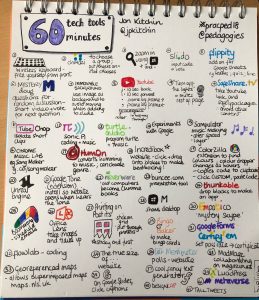
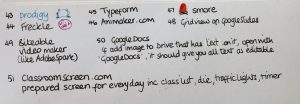 Last session of Day 1 was the ambitiously entitled 60 tech tools and tricks in 60 minutes – tech tips, tricks and tools you need to know as a primary teacher. Jon Kitchin whizzed his way through nearly 60 (I counted 51 but I’m sure I missed a couple!) ideas, tips and tools, all free, to make teaching and learning easier, more interesting or more effective in the primary classroom. I had heard of several of the ideas and some weren’t really relevant to me but there was plenty that was new and helpful including some music sites like Sampulator Hum On and Incredibox that I’ll be trying out in Y5 music lessons!
Last session of Day 1 was the ambitiously entitled 60 tech tools and tricks in 60 minutes – tech tips, tricks and tools you need to know as a primary teacher. Jon Kitchin whizzed his way through nearly 60 (I counted 51 but I’m sure I missed a couple!) ideas, tips and tools, all free, to make teaching and learning easier, more interesting or more effective in the primary classroom. I had heard of several of the ideas and some weren’t really relevant to me but there was plenty that was new and helpful including some music sites like Sampulator Hum On and Incredibox that I’ll be trying out in Y5 music lessons!
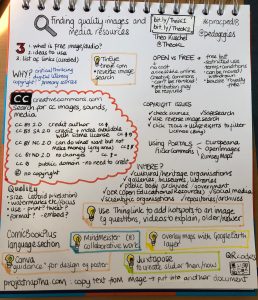 Day 2 began with Finding quality images and media resources led by an old friend, Theo Kuechel who led us through how to choose images that are suitable in terms of size, quality and possibly most important in this litigious day and age, safe to sue without being sued! I now understand Creative Commons much better and Theo kindly shared a curated bank of sites that provide images – and other media – for use via CC license.
Day 2 began with Finding quality images and media resources led by an old friend, Theo Kuechel who led us through how to choose images that are suitable in terms of size, quality and possibly most important in this litigious day and age, safe to sue without being sued! I now understand Creative Commons much better and Theo kindly shared a curated bank of sites that provide images – and other media – for use via CC license.
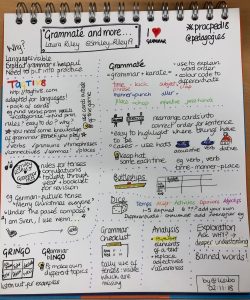 Then it was on to a session I’d been looking forward to, my only ‘languages’ session over the conference as all the others were for older pupils than I teach, and also one that I knew would be high energy and great fun. I certainly wasn’t disappointed as Laura ‘Smiley’ Riley presented Grammaté and more with such energy that I defy anyone NOT to enjoy languages if she’s your teacher! Lots of ideas for teaching grammar including human sentences, hats, Gringo, Battleships and the aforementioned Grammaté which involves combining movement to parts of speech – the title coming from grammar and karate.
Then it was on to a session I’d been looking forward to, my only ‘languages’ session over the conference as all the others were for older pupils than I teach, and also one that I knew would be high energy and great fun. I certainly wasn’t disappointed as Laura ‘Smiley’ Riley presented Grammaté and more with such energy that I defy anyone NOT to enjoy languages if she’s your teacher! Lots of ideas for teaching grammar including human sentences, hats, Gringo, Battleships and the aforementioned Grammaté which involves combining movement to parts of speech – the title coming from grammar and karate.
Here we are in action (everyone else can actually speak German, properly!)
Great fun and a good way to test my German (made slightly easier by Laura kindly colour coding the sentences!) Another activity I loved and will ‘steal’ was her take on Tagtiv8 that involved retrieving words from the walls, firstly verbs, then pronouns to sort, match up, discuss, create sentences and so on. 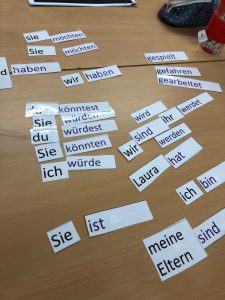
And what’s more, I now understand about TMP and know that Sven who likes wenn kicks the verb to the end 😉
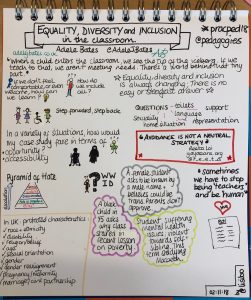 Session 7 concerned Equality, Diversity and Inclusion in the classroom, led by Adele Bates. This session challenged us to consider what these words mean for our students. Adele gave each of us a pupil profile and took us on a Privilege Walk though a school day in their shoes. I ended up far behind others due to being a wheelchair and being EAL. I was very interested in the Pyramid of Hate, and how bias escalates into acts of prejudice and upwards. Really thought provoking. Key thoughts – Avoidance is not a neutral strategy (@r_e_e_t_a_) and sometimes you have to forget about being a “teacher” and be “human.”
Session 7 concerned Equality, Diversity and Inclusion in the classroom, led by Adele Bates. This session challenged us to consider what these words mean for our students. Adele gave each of us a pupil profile and took us on a Privilege Walk though a school day in their shoes. I ended up far behind others due to being a wheelchair and being EAL. I was very interested in the Pyramid of Hate, and how bias escalates into acts of prejudice and upwards. Really thought provoking. Key thoughts – Avoidance is not a neutral strategy (@r_e_e_t_a_) and sometimes you have to forget about being a “teacher” and be “human.”
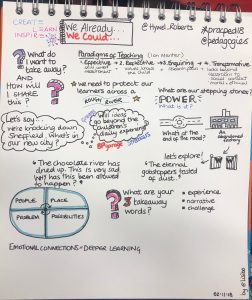 I was speaking during session 8 (post to follow!) so my final sketchnote was from the closing keynote by Hywel Roberts.
I was speaking during session 8 (post to follow!) so my final sketchnote was from the closing keynote by Hywel Roberts.
And then it was time to leave St George’s and drive off into the sunset (literally!), wondering where #PracPed20 will be taking place. 
Another brilliant conference, with great teaching and learning as well as opportunities to socialise in pubs, restaurants and bars. Looking forward to October 2020 and the fourth edition of Practical Pedagogies – if you want to find out where and exactly when, sign up for notifications here.
See you there!


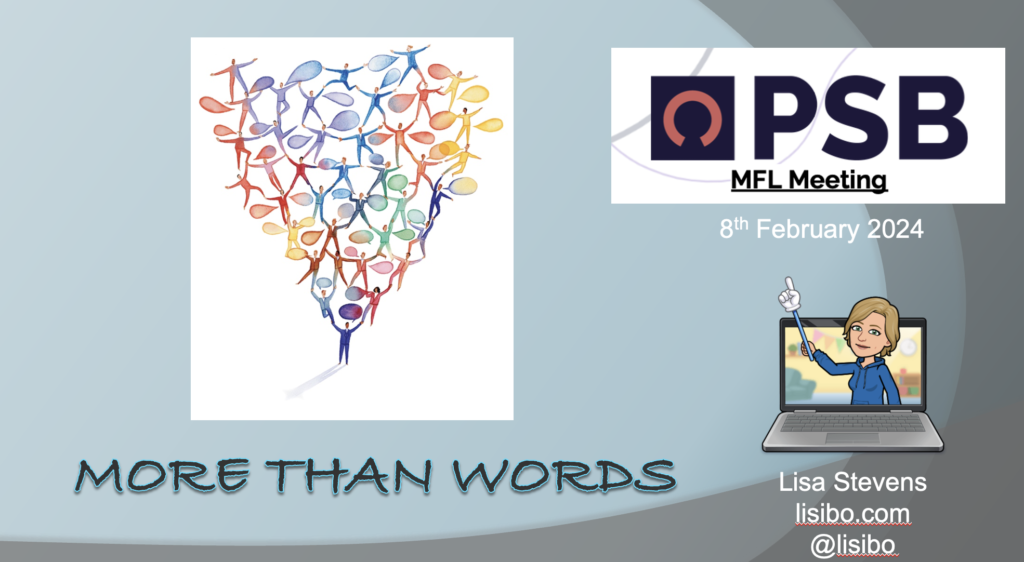

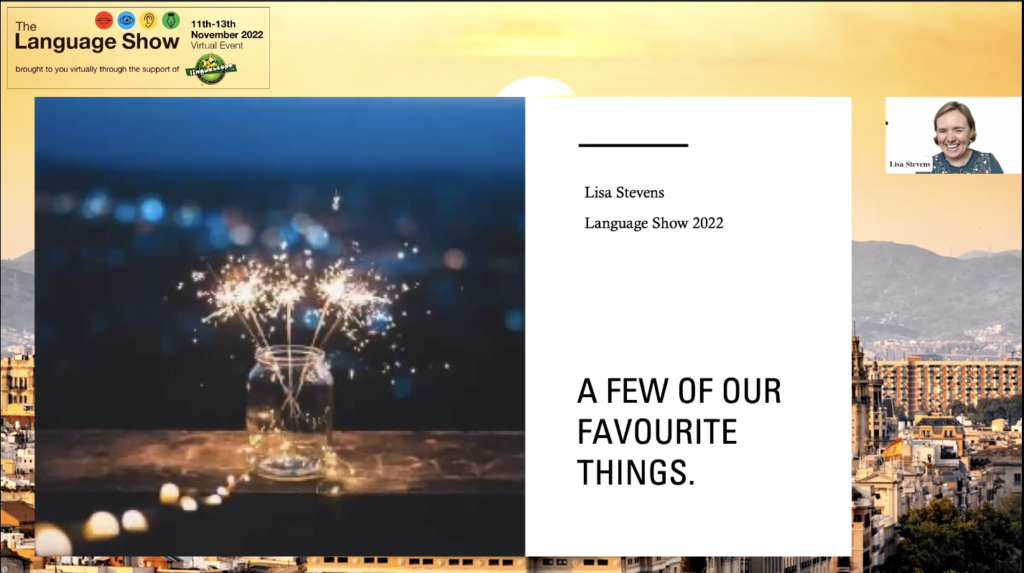
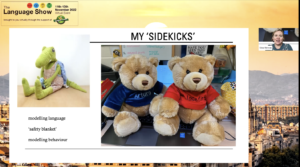

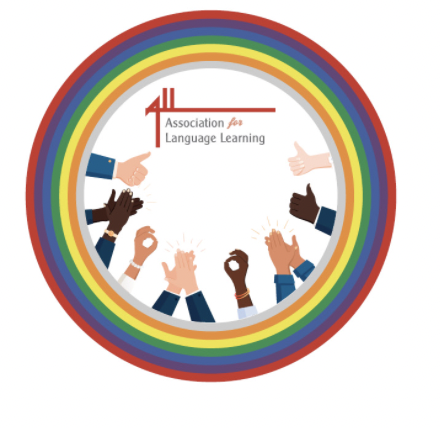
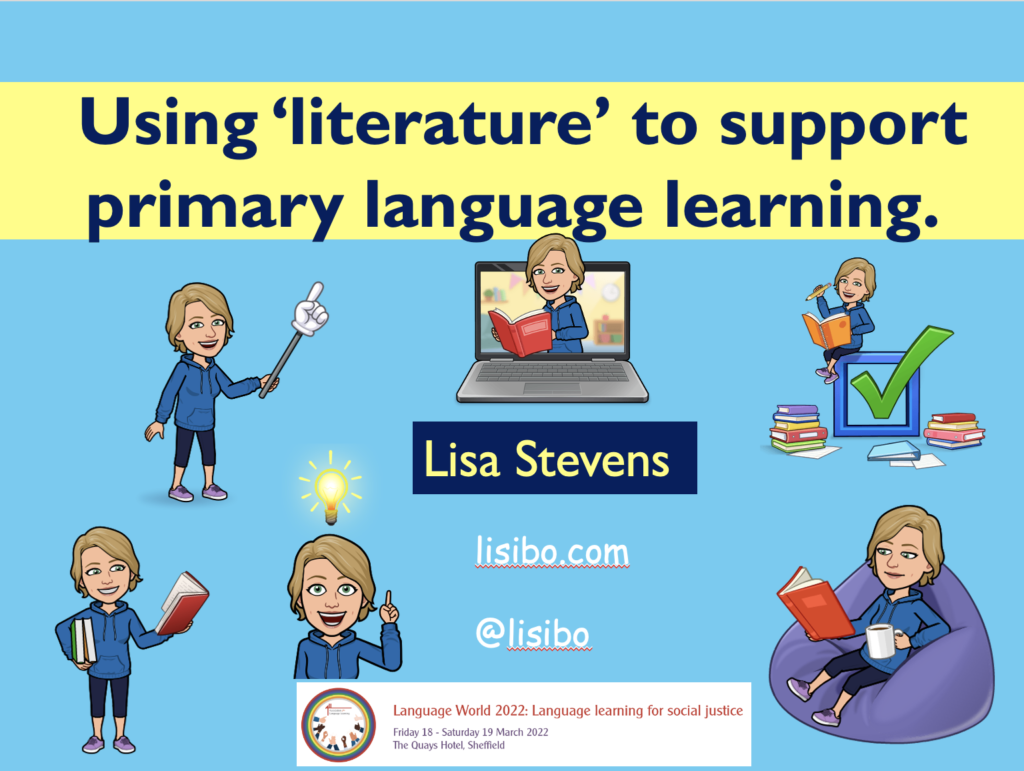

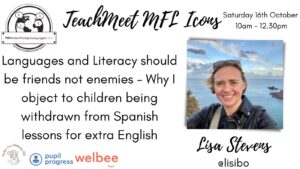

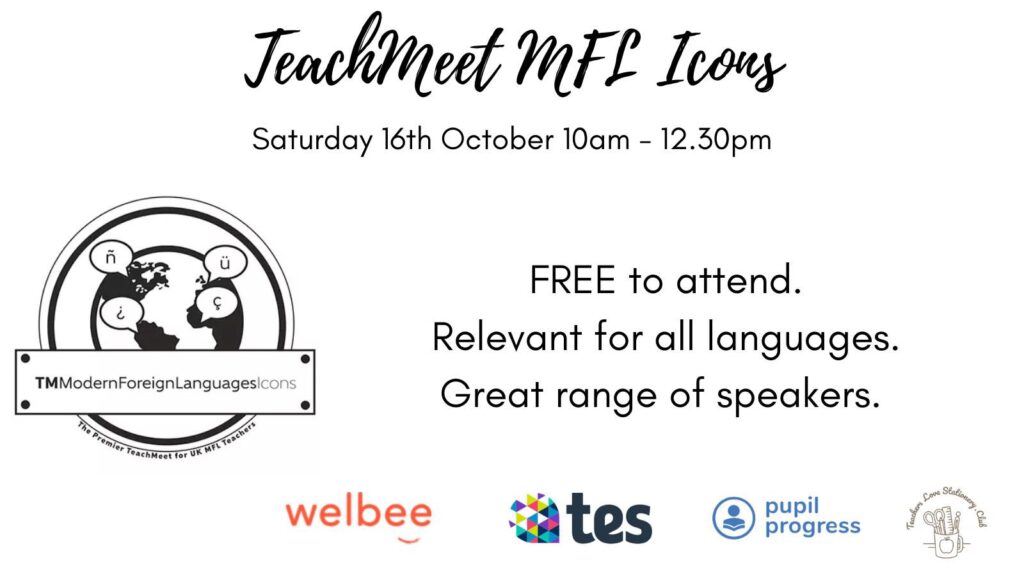
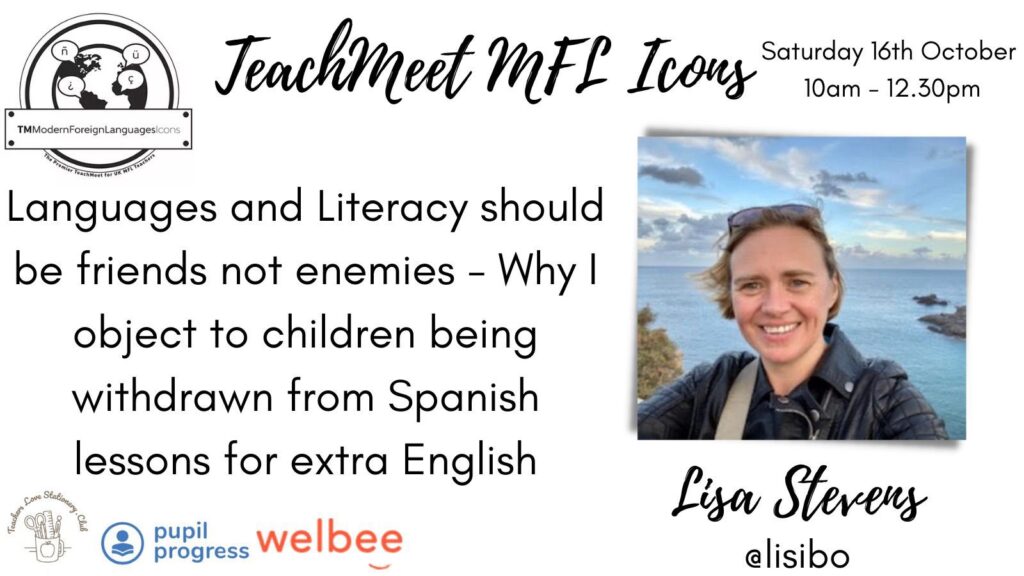




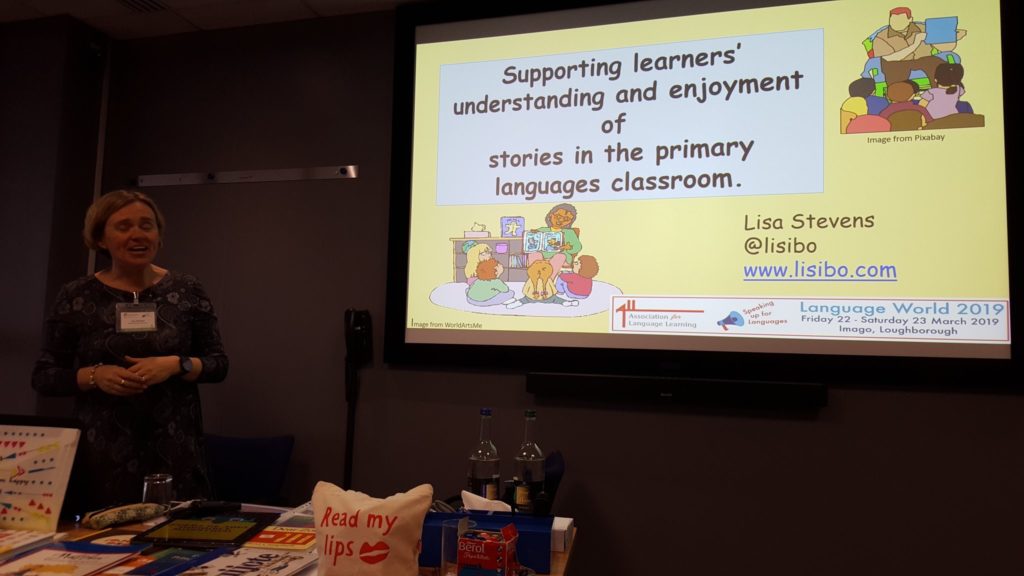
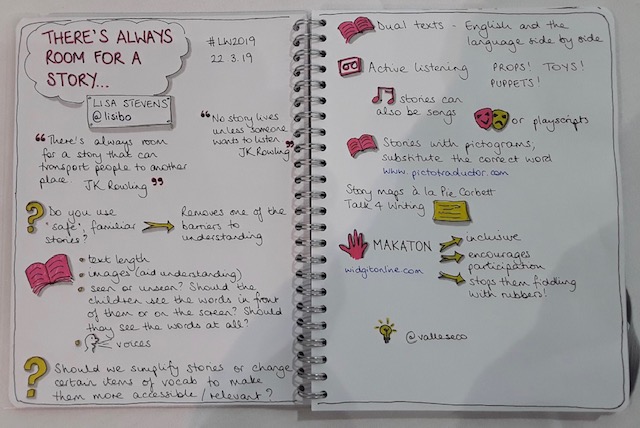
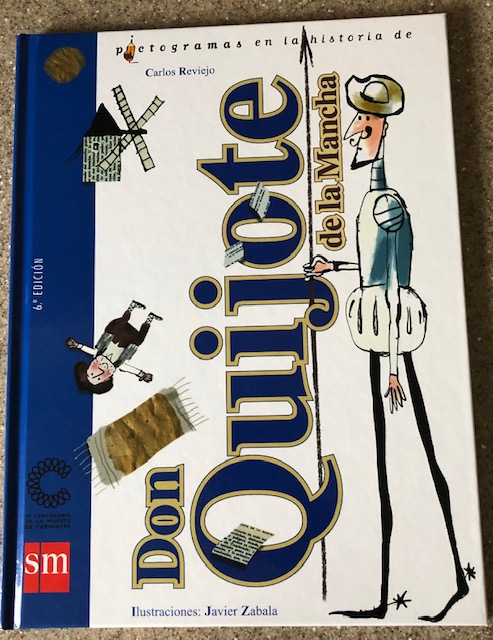
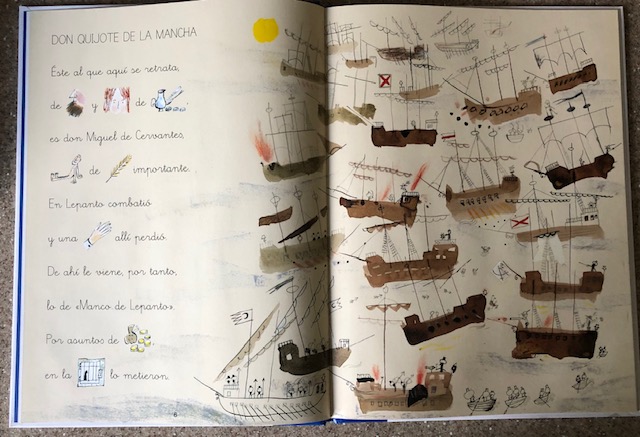
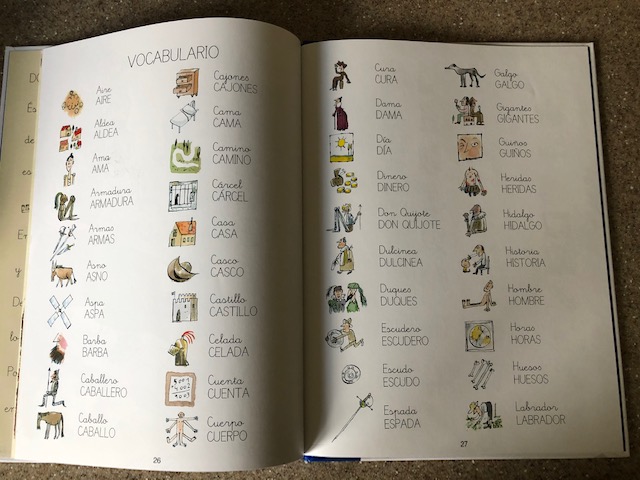
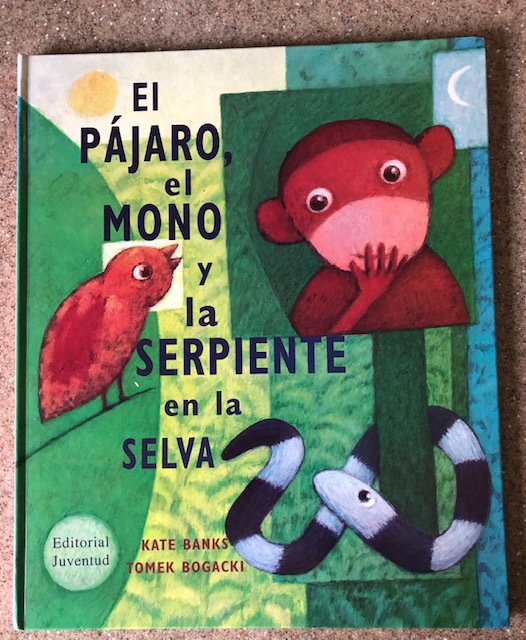
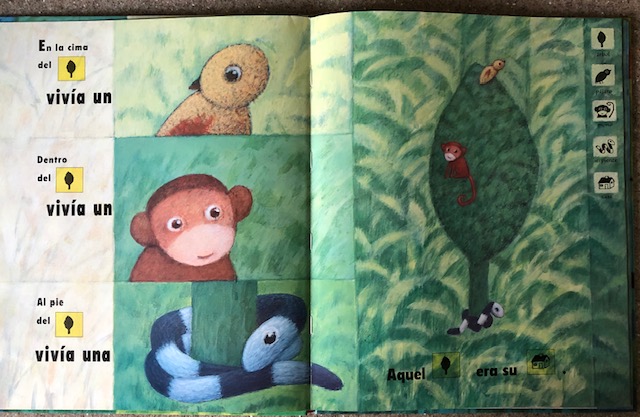
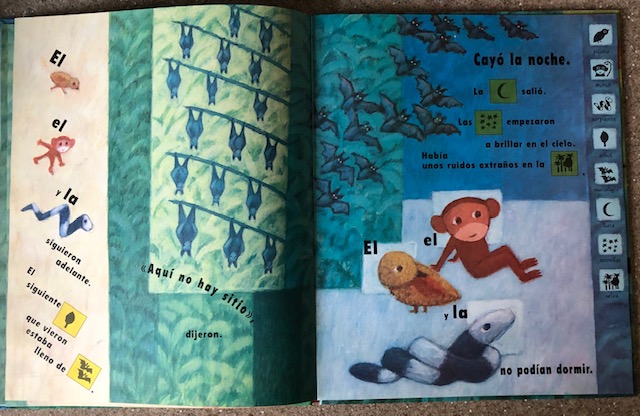
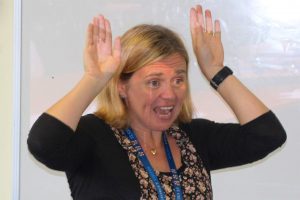
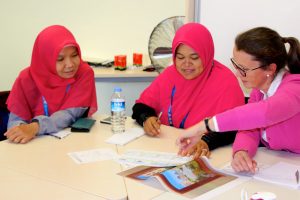
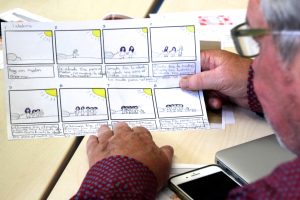





 After my first choice was cancelled, I attended a session on Language for Maths, a reflection on how games can be used to practice maths vocabulary. Without the necessary vocabulary, EAL students cannot enjoy success in solving maths problems, and the games we played and discussed required repetition of key words and phrases such as more than, fewer than, equal to, equivalent to, ratio, decimal and fraction. An interesting session that I’ll be feeding back to my colleagues.
After my first choice was cancelled, I attended a session on Language for Maths, a reflection on how games can be used to practice maths vocabulary. Without the necessary vocabulary, EAL students cannot enjoy success in solving maths problems, and the games we played and discussed required repetition of key words and phrases such as more than, fewer than, equal to, equivalent to, ratio, decimal and fraction. An interesting session that I’ll be feeding back to my colleagues.
 Session 3 saw me face another challenge – playing with LEGO whilst sketchnoting.
Session 3 saw me face another challenge – playing with LEGO whilst sketchnoting. 











